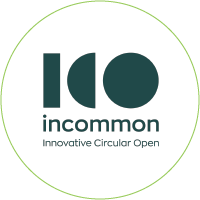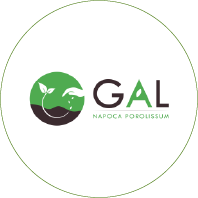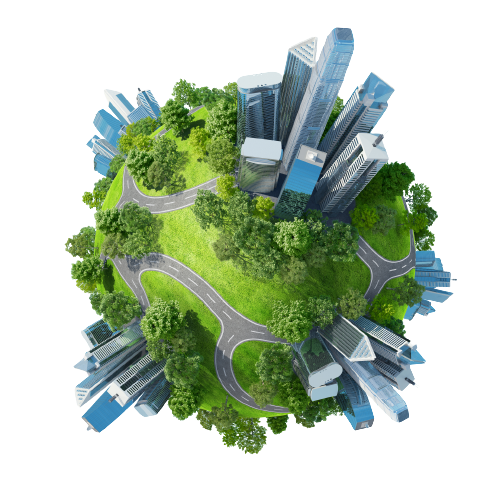
Circular Organic Management
Supporting the behavioral change in schools around the food and organic waste.
Organic waste is a significant cause of environmental issues such landfilling, pollution, and climate change.Our motive for undertaking this project is the ongoing production of such a large amount of waste, which contributes to climate change. We believe that this issue may be resolved by citizens changing their behavior at home, at school, and in their daily lives through education.
Work Packages
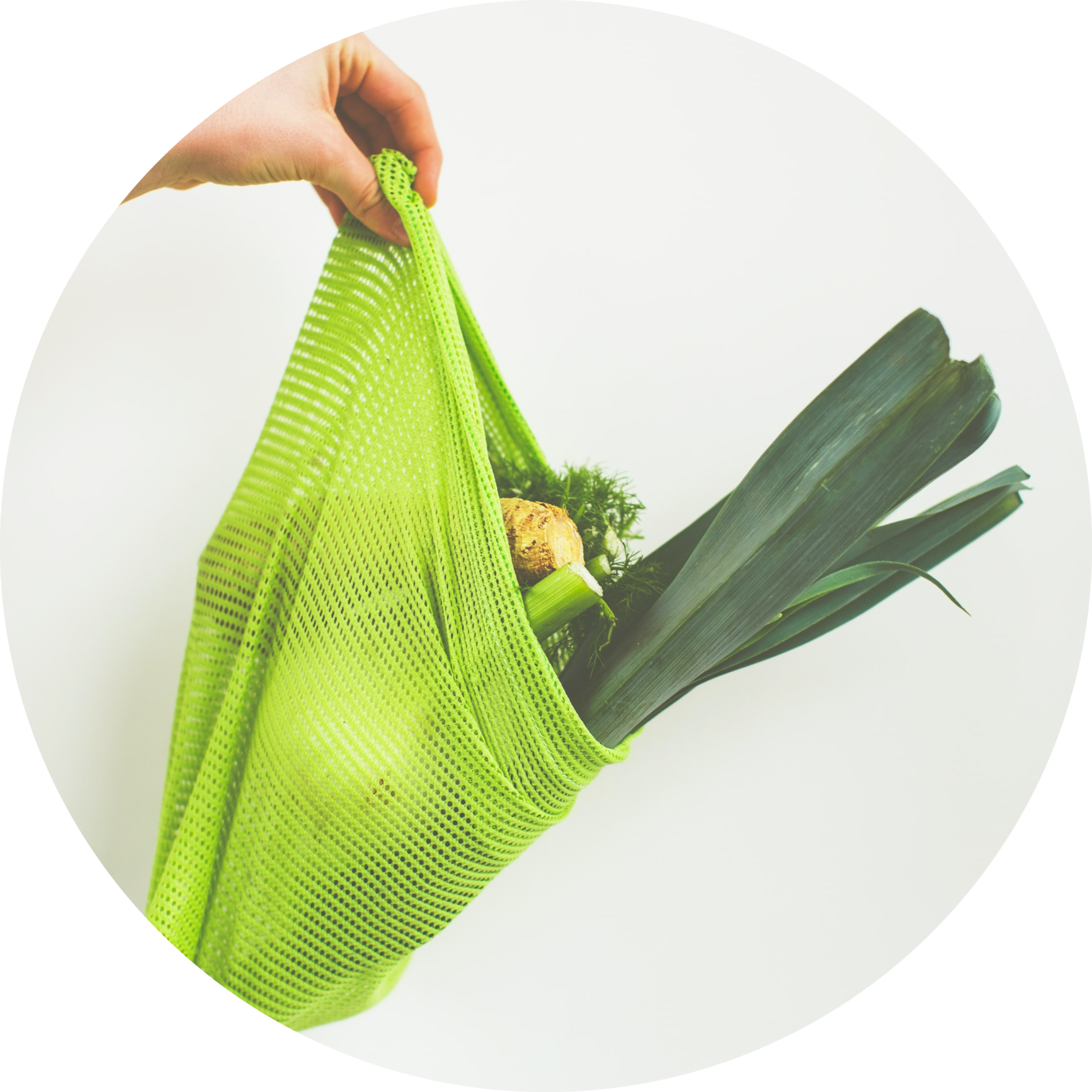
WP1: Project Management
The project management work package of the Circular Organic Management project aims to the best collaboration among partners and monitor methods for the achievement of the highest quality and performance. Two main tools will be used to monitor progress, quality, and achievement: the Management Handbook and the Quality Assurance & Evaluation Plan. The Management Handbook provides guidelines for administrative, technical, and financial management, while the QAE Plan includes key actions, tools, and methodology for high-quality outputs. Monitoring activities include partners’ progress reports, dissemination activities reports, frequent communication, evaluation of project work packages and activities, and the development of interim and final Quality Assurance & Evaluation Reports. These tools ensure alignment with program requirements and ensure the project’s success.

WP2: Research and Production of Educational Materials
Work package 2 aims to create educational materials based on research on organic waste behavior and environmental education in each country. The project partners will conduct in-depth interviews and questionnaires to identify needs and inform the development of educational packages. The packages will be available in six languages in digital format, providing up-to-date information, activity ideas, and methodological instruction. 48 teacher-trainers will be trained to use the packages and train others. Secondary school teachers will be trained to effectively use and communicate the materials.

WP3: COM Gamified Digital Environment
Work package 3 aims to create an interactive online platform for the project, providing free materials, educational materials, tools, research reports, and policy paper recommendations in six languages. The platform will also serve as a communication interface for educators, students, project teams, and the public to share ideas and provide feedback. The game, ‘Organic Waste and Circularity in My Community’, will be used by secondary school students and young people to engage in real-time data collection activities, such as measuring household waste and mapping waste producers.
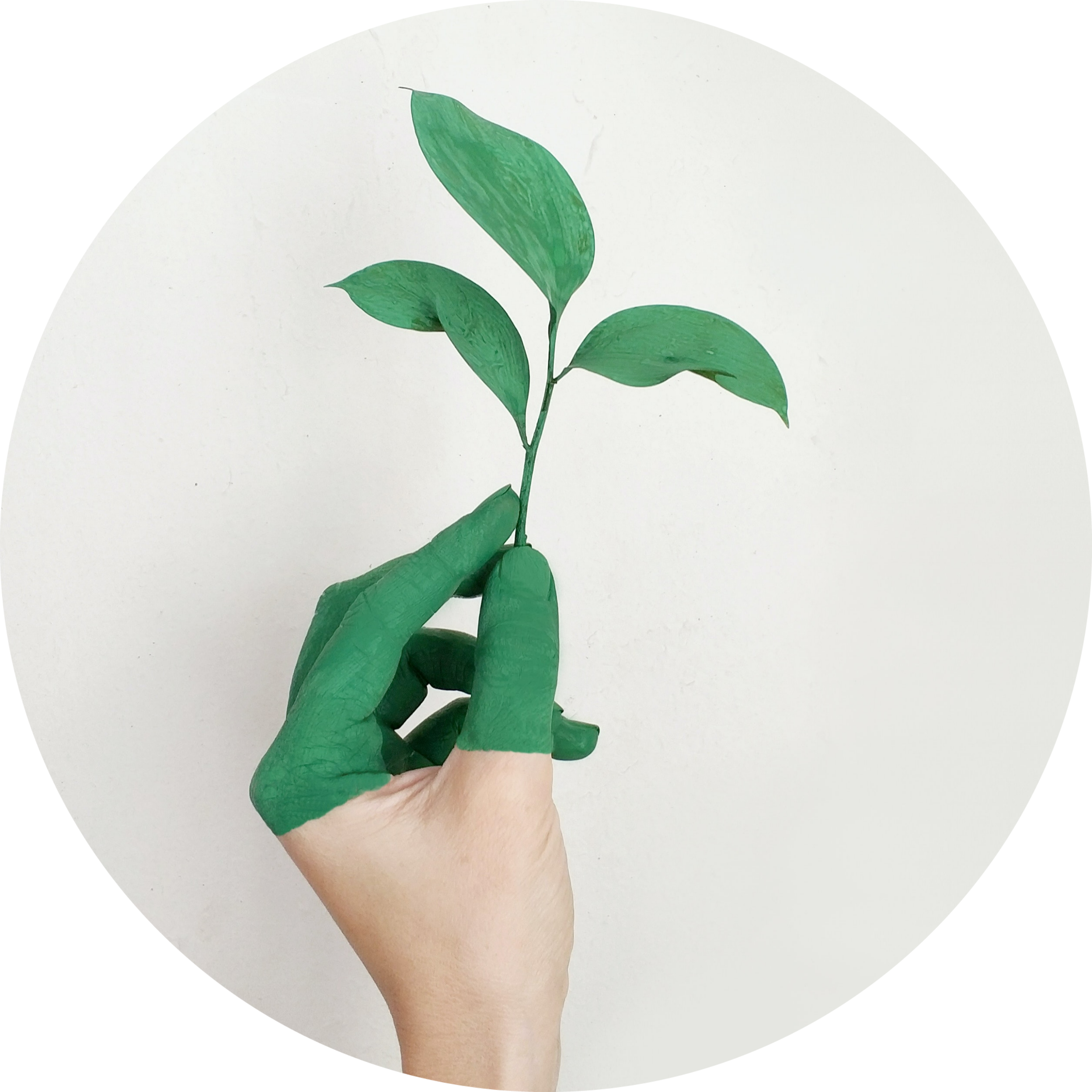
WP4: Educational Toolkit & Policy recommendation paper
The work package aims to achieve objectives in organic waste behavior and environmental education across the EU. It includes a toolkit of resources for educators, academics, civic organizers, local authorities, and the public in six languages, available for free on a platform. Additionally, a policy recommendation paper will outline research conducted in six EU countries and offer recommendations for changes in waste management, communication with citizens, and educational change. The recommendations will be relevant to the wider EU and will be sent to relevant actors and networks across the EU.

WP5: Raising Awareness Campaigns
The dissemination working package aims to ensure equal access to information, addressing information inequality caused by living conditions and internet connection issues. The package includes online and offline activities, presenting information in various formats, and promoting inclusivity and accessibility. Post-package, presentations, workshops, and networking spaces will encourage organic waste management activities. Results will be published on a European and international level, promoting the “act locally, think globally” mindset and inspiring more environmental initiatives.

Funded by the European Union. Views and opinions expressed are however those of the author(s) only and do not necessarily reflect those of the European Union or the European Education and Culture Executive Agency (EACEA). Neither the European Union nor EACEA can be held responsible for them. 2022-1-ES01-KA220-SCH-000086157


